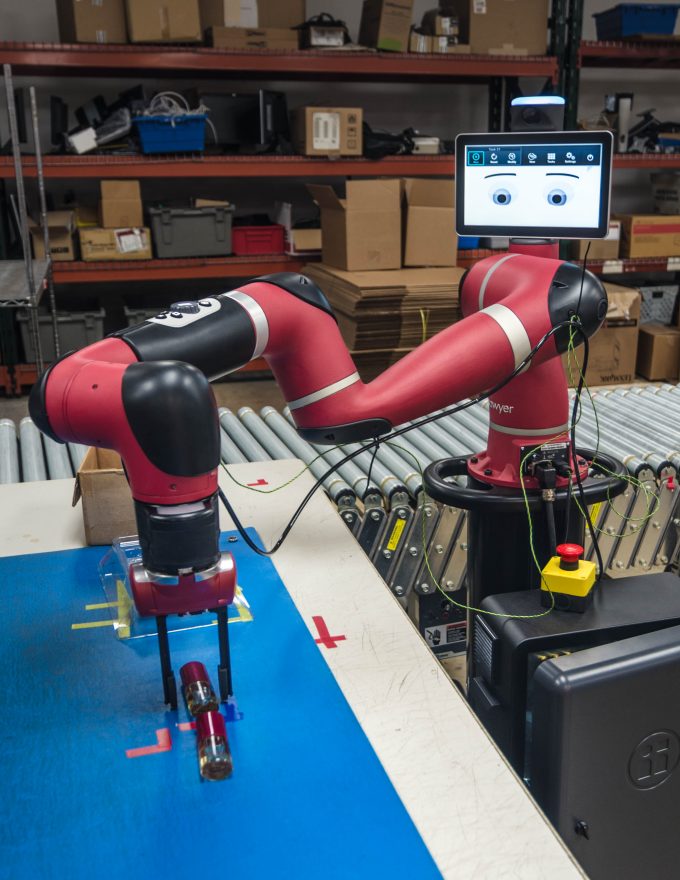A new future for logistics as e-commerce brings the era of the FCL to an end
The era of the full container load (FCL) is coming to an end, which will transform ...

DHL says the the life sciences and healthcare sector (LSHC) must improve its supply chain operations if it is to adapt to increasing digitisation and consumer demands.
A report commissioned by the German company found six key trends and technologies that supply chains must exploit if the sector is to transform successfully.
The Future of Life Sciences and Healthcare Logistics report underscores the urgency of the transformation, noting that, according to a digitisation index produced by McKinsey, the sector is in the bottom 20%.
DHL chief commercial officer ...
Maersk u-turn as port congestion increases across Northern Europe
Apple logistics chief Gal Dayan quits to join forwarding group
Maersk Air Cargo sees volumes fall as it aims for 'margin in favour of revenue'
Airlines slash freighter capacity post-de minimis, but 'the worst is yet to come'
Houthis tell Trump they will end attacks on Red Sea shipping
Transpac rates hold firm as capacity is diverted to Asia-Europe lanes
MSC revamps east-west network as alliance strategies on blanking vary
India-Pakistan 'tit-for-tat' cargo ban sparks sudden supply chain shocks


Comment on this article